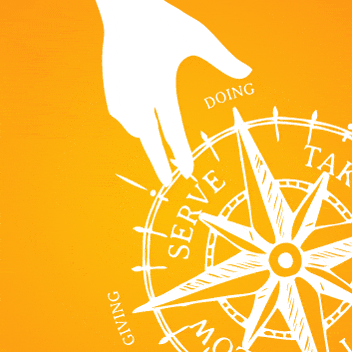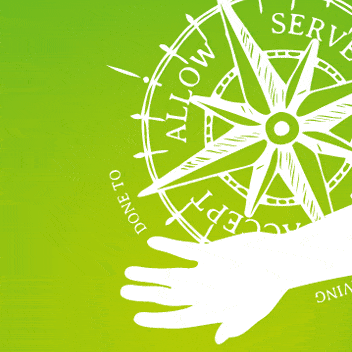
Why touch is so important – and so challenging
When you hear the word ‘touch’ what does it mean to you?
For most of us it probably brings up all sorts of responses – memories, emotions, desires, fears… and more.
Touch can be wonderful, and challenging – sometimes both at once!
Often, we think of touch as being something we ‘do’ – and our hands as tools to achieve tasks.
Interestingly, the dictionary describes touch slightly differently:
TOUCH: to handle or feel, usually with the intent to understand or appreciate
Which suggests that touch is actually as much about experiencing as simply doing.
But why is touch so important?
We use touch to communicate
Touch is the first sense to develop in the womb and it’s actually one of our primary tools for communication.
The science of touch is fascinating, and overwhelmingly shows that our bodies are literally wired to need touch.
But we’ve become increasingly disconnected from it – technological isolation, and cultural conditioning have combined to mean we often view touch as something taboo, rather than as an essential part of our wellbeing toolkit.
Is pleasure allowed?
Often it’s the meaning of touch that has become confusing.
Is touch sexual? Is it intimate? Is it comforting?
Of course, it can be all of those things, but they’re all quite different experiences!
And when it comes to enjoying touch, or getting pleasure from it, there’s something else most of us find challenging:
In many cultures touch has become conflated with sex. We think that touch must inevitably lead to sex, which means touch suddenly becomes a much trickier proposition.
Betty Martin, creator of the Wheel Of Consent describes the problem:
If touch is about getting to sex, and sex is about getting to orgasm, then touch becomes strategic, designed to produce a result. Sometimes this works, but something is lost. Betty Martin
On top of this it’s also important to remember that many of us have experienced touch (especially sexual touch) in ways which overstepped our limits, leaving us even more wary of it.
Reclaiming touch
In order to reclaim touch we need to learn how to enjoy touch for its own sake – and the easiest way to do this is when there’s nobody else involved.
Learning to connect, and find pleasure in, sensation in your own skin is the best way to come back to a relationship with touch which you were born with, but which most of us have become disconnected from (to a greater or lesser extent) as we’ve moved through life.
Often these disconnections have helped us to survive, or keep belonging, in challenging circumstances.
But it’s hard to feel pleasure when you’re disconnected.
And this is why it’s so important to re-connect with the experience of touch in your own skin.
Because pleasure is not something anyone can give you – it happens in your own body as a combination of 3 different components.
How can you start to build a healthier relationship with touch?
If you find touch challenging and want to change that, one of the simplest ways is to build a practice of noticing sensation in your skin (often harder than you might think).
And then building a practice of noticing (and following) which sensations feel good in your skin, and how you want to touch – for your own enjoyment.
It’s the practice aspect of this which is important (check out my video about the secret to successful personal growth) – most of us have a lot of re-wiring to do when it comes to rebuilding our relationship with pleasurable, healthier touch, so having a regular practice really helps.
For a straightforward approach to this check out my supported self-study course Learn To Touch – Without Touching Anyone Else, which you can do in as little as 7 days.
The quadrants
Each quadrant in the Wheel Of Consent creates a different experience and teaches you something different about yourself. Learn more about each one:
Enjoyed reading this?
If you've found this page helpful you can get more tips and resources for better relating straight to your inbox. Sign up here and get my free How To Be Heard guide to start you off:
Explore more:
A simple approach to consent and boundaries
If you feel overwhelmed by the idea of consent and boundaries here are some simple things to focus on which will make it easier to understand.
Read MoreWhy are we so scared of talking in the bedroom?
Talking in the bedroom is often viewed as ‘dirty’ or avoided completely. Find out why it’s time to change that narrative.
Read MoreGiving and receiving explained – 6 key ways to tell the difference
If you think giving and receiving don’t need to be explained you might be surprised by this handy guide that breaks down the differences
Read MoreEvents & courses
Learn To Touch – Supported Self Study Course
Online. Discover a whole new approach to touch that will change how you feel – literally! A short, affordable, practical guide you can learn in less than an hour a day.
Read More







